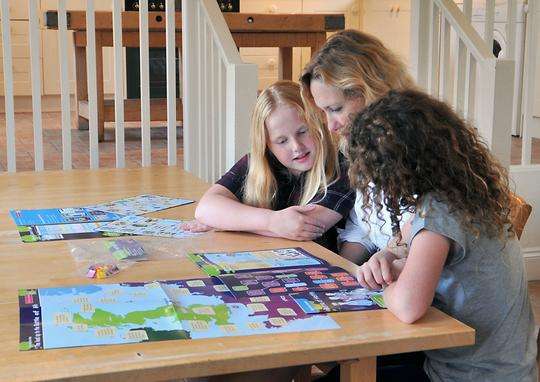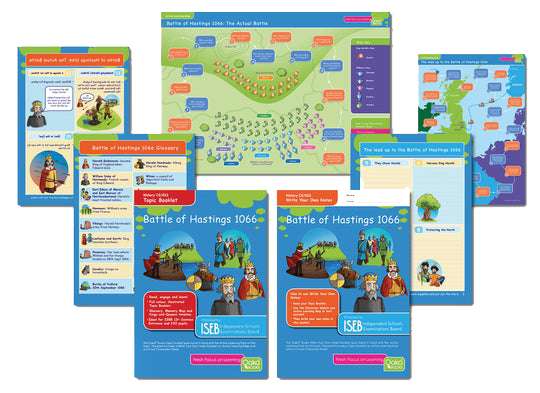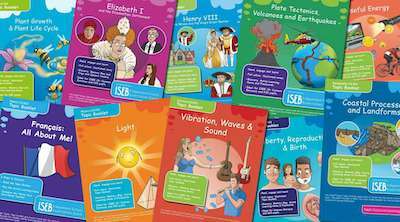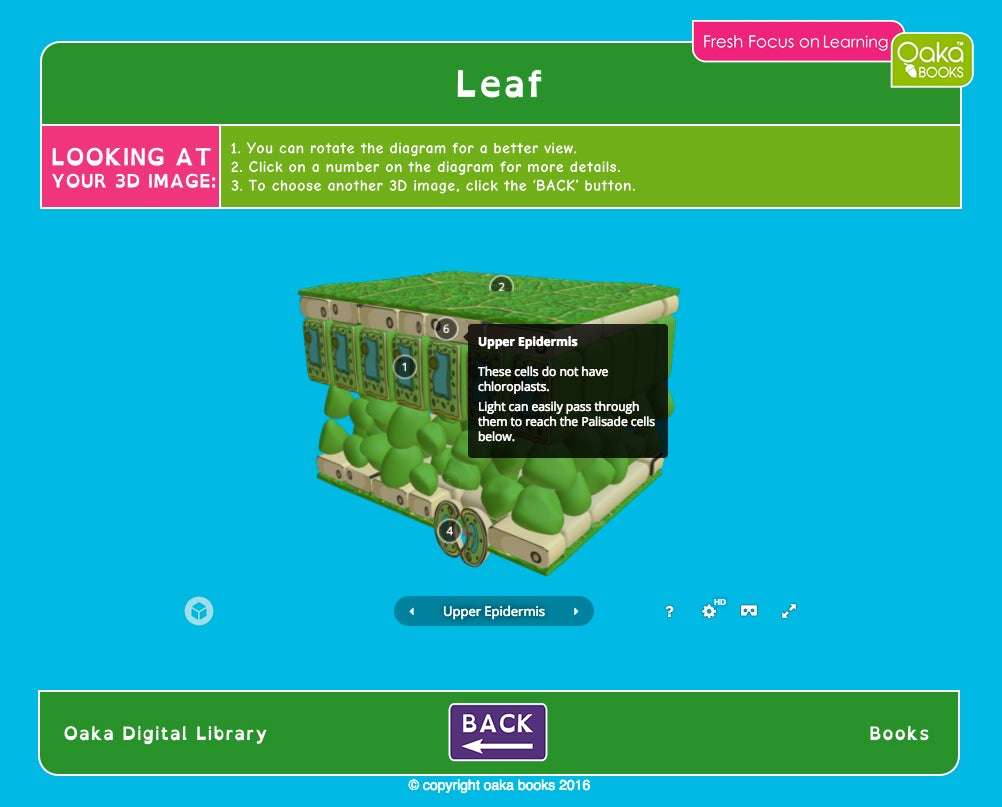As a parent of a child with special educational needs (SEN), you understand the unique challenges that come with exam preparation. Picture this: your child, stressed and overwhelmed by the looming exams, struggling to keep track of what to study and when. Now imagine a different scenario, where your child approaches their studies with confidence,…
As a parent of a special education needs (SEN) child, it can be difficult to build a relationship with your child’s teacher. You may feel like you are not being heard or that your child’s needs are not being met. However, with a few simple steps, you can establish a strong, positive partnership between you…
Preparing for an exam requires careful planning and organisation, and a key part of this process is setting clear and realistic targets. Follow the guide below to ensure that you are on the right track: Completing Your Goals and Grades Table Step 1: Create a table and list down all your KS3 or KS4 subjects….
When it comes to preparing for an exam, having a clear vision of the grade you aim to achieve is crucial. Aim for a grade that is at least one level higher than what your teacher might have predicted for you. Ideally, though, aim for the absolutely highest you can! Motivation is key in this…
Learning takes place in cycles, and you need to adopt techniques for converting your notes into something you can use for assignments and revision. This also helps in ‘beating the forgetting curve’. In other words, you’ve got to avoid the trap of simply forgetting what you’ve learned! Again, this involves techniques – learn them, and…
The time after your lessons is as critical as the time spent in them. It’s when you transform short-term learning into long-term memory. Commit your newly learned concepts to memory, and they should stick with you for exams, coursework, and into later life! The practices below, again, are “Success Behaviours”. Anyone can try to adopt…
During lessons, your behaviour can be as impactful as the material you’re studying. Your in-lesson approach can either make or break your learning experience, so let’s delve into some “Success Behaviours” specifically designed to optimise your classroom time. Front-Row Focus: Take a seat at the front of the class. You’ll find it easier to concentrate,…
Before lessons commence, it’s vital to set the stage for effective learning. A pre-class routine not only elevates your understanding of the upcoming lesson but also empowers you with the tools needed to excel in exams. Firstly, make time to read every day. Daily reading doesn’t just prepare you for the next class; it broadens…
As a parent (and especially of a special education needs (SEN) child), it can be difficult to build a relationship with your child’s teacher. You may feel like you are not being heard or that your child’s needs are not being met. However, with a few simple steps, you can establish a strong, positive partnership…
As mentioned in the prior tip, achieving academic excellence isn’t a matter of innate intelligence but often the result of hard work and adopting certain “success behaviours.” These behaviours are the golden habits of top A and A* students, and the good news is that they can be cultivated by anyone. Here’s more about how…





